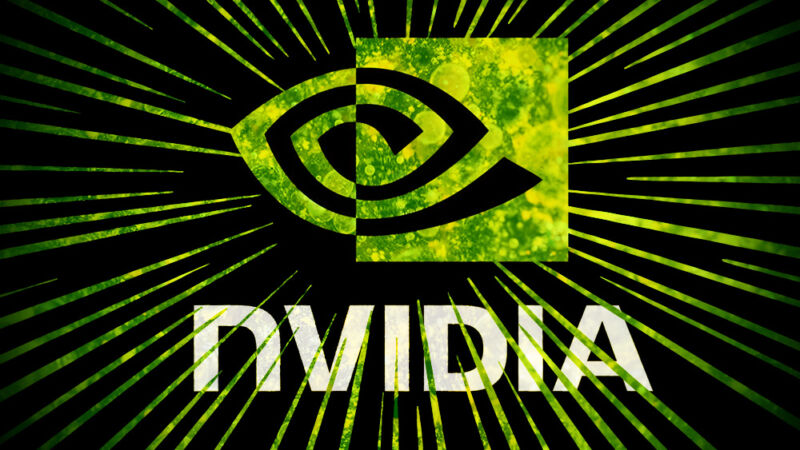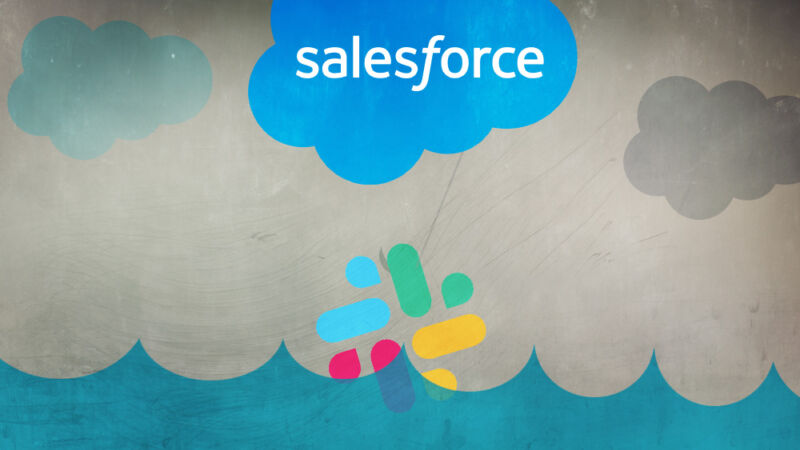-
 chevron_right
chevron_right
Canva’s Affinity acquisition is a subscription-based weapon against Adobe
news.movim.eu / ArsTechnica · Wednesday, 27 March - 19:27

Enlarge / Affinity's photo editor. (credit: Canva )
Online graphic design platform provider Canva announced its acquisition of Affinity on Tuesday. The purchase adds tools for creative professionals to the Australian startup's repertoire, presenting competition for today's digital design stronghold, Adobe.
The companies didn't provide specifics about the deal, but Cliff Obrecht, Canva's co-founder and COO, told Bloomberg that it consists of cash and stock and is worth "several hundred million pounds."
Canva, which debuted in 2013, has made numerous acquisitions to date, including Flourish, Kaleido, and Pixabay, but its purchase of Affinity is its biggest yet—by both price and headcount (90). Affinity CEO Ashley Hewson said via a YouTube video that Canva approached Affinity about a potential deal two months ago.


